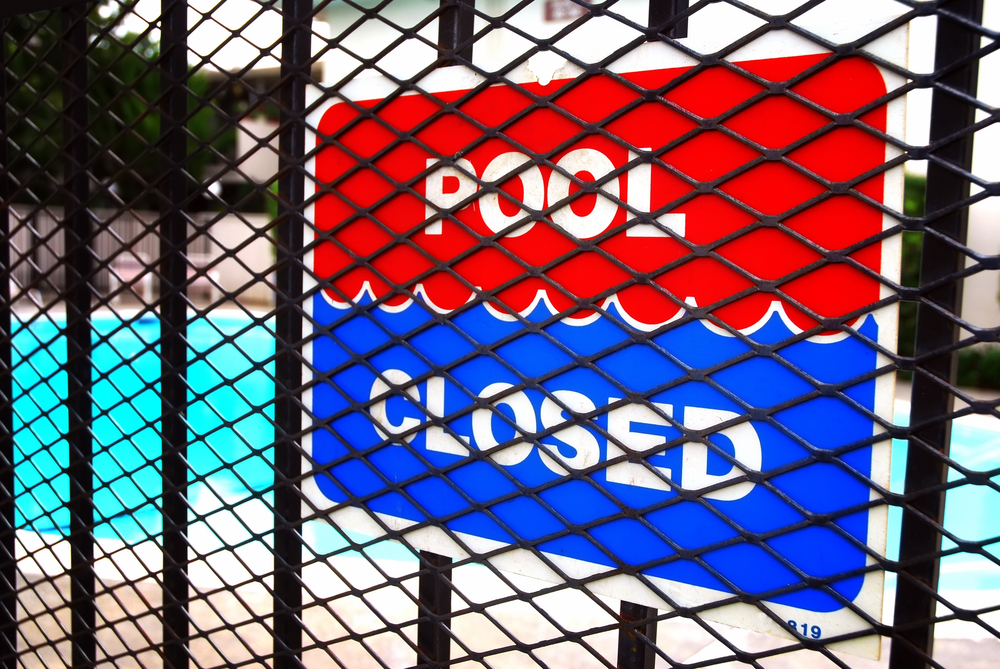

As summer transitions into fall and the days grow shorter and cooler, it's time to start thinking about closing your pool for the season.
Properly winterizing your pool is essential to prevent damage and ensure a smooth reopening when warmer weather returns.
However, there are some common mistakes that pool owners often make during the closing process.
In this guide, we'll highlight these pool closing mistakes and explain how to avoid them, helping you protect your investment and simplify the pool reopening come spring.
1. Neglecting Proper Cleaning
One of the biggest mistakes you can make when closing your pool is neglecting proper cleaning. Leaving debris, leaves, and algae in the pool can lead to water chemistry issues and even damage your pool's surface over the winter. Before closing, make sure to:- Skim and vacuum the pool to remove any debris.
- Brush the pool walls and floor to prevent algae growth.
- Balance the water chemistry to the recommended levels.
2. Not Lowering the Water Level
Leaving the water level too high can damage your pool and equipment during freezing temperatures. As water freezes, it expands, putting significant pressure on your pool's walls and plumbing. To avoid this mistake, lower the water level below the skimmer line before closing the pool. This will allow for the expansion of freezing water without causing damage.3. Forgetting to Winterize the Plumbing
Failing to winterize your pool's plumbing properly is a common mistake that can lead to costly repairs in the spring. To prevent freezing and damage, follow these steps:- Remove water from all pipes, hoses, and equipment.
- Blow out the lines with compressed air to ensure there's no water left inside.
- Add pool antifreeze to the lines to provide extra protection against freezing.
4. Skipping the Chemicals
Properly balancing your pool water chemistry before closing is essential. Skipping this step can make water prone to algae growth and staining over the winter. Make sure to:- Adjust the pH, alkalinity, and calcium hardness to the recommended levels.
- Shock the pool with chlorine to prevent algae growth.
- Add winterizing chemicals to keep the water balanced and clean during the off-season.
5. Neglecting Pool Cover Maintenance
A well-fitted and properly maintained pool cover is crucial for protecting your pool during the winter. Some common cover-related mistakes include:- Not cleaning the cover before installation can lead to mould and mildew growth.
- Not tightening the cover enough allows debris to enter the pool.
- Failing to secure the cover properly can lead to wind damage.
6. Ignoring Regular Maintenance
Just because your pool won't be in use during the winter doesn't mean it should be ignored entirely. Regular maintenance checks are essential to catch and address issues early, preventing costly repairs later. Schedule periodic checks to:- Inspect the cover for tears or damage.
- Remove any debris that accumulates on the surface.
- Check the water level to ensure it stays at the recommended level.